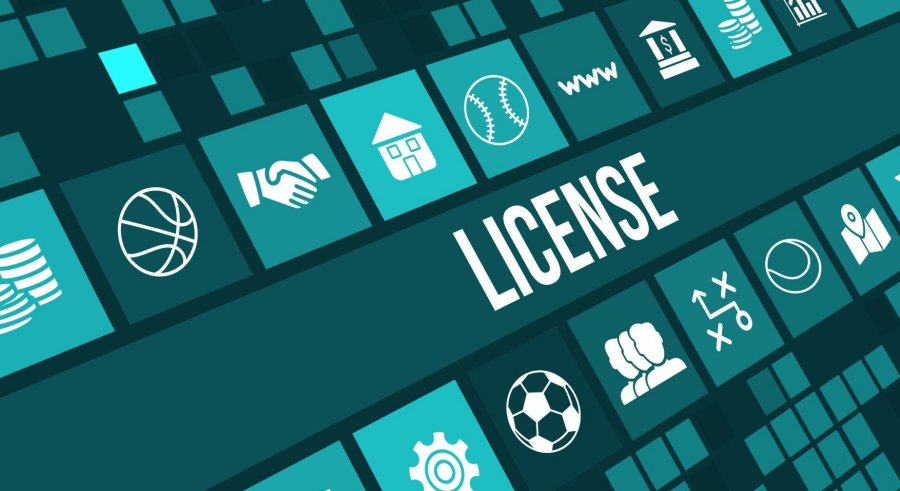How Regulation Influences Business Growth in the Gaming Sector

Guest Contribution – Regulation shapes the trajectory of gaming businesses by defining operational boundaries, setting quality benchmarks, and establishing trust between operators, partners, and players. In a sector driven by rapid technological change and intense competition, the presence of a recognized license – such as the Nevis Gaming License – can determine whether a company thrives or struggles to gain traction. Structured oversight not only protects consumers but also creates an ecosystem where legitimate operators can grow sustainably, innovate freely, and compete on a global scale.
Regulatory Frameworks as a Foundation for Stability
The gaming industry operates in a complex environment where laws evolve frequently to address new trends, technological advancements, and emerging market risks. A strong regulatory framework provides businesses with clear guidelines that support consistent performance and strategic planning. Operators holding a valid license follow documented procedures for financial security, data protection, and responsible gaming, creating a stable foundation for long-term development.
Regulated companies benefit from predictable oversight. Compliance reviews, technical audits, and reporting obligations ensure that issues are identified early and addressed before they escalate into major disruptions. This stability helps operators focus on growth initiatives such as product development, marketing, and geographic expansion. It also improves internal organization by encouraging disciplined management and streamlined processes.
Market Access and International Expansion
One of the most significant ways regulation drives business growth is through access to global markets. Many countries require operators to hold a recognized license before offering services to their residents or partnering with local companies. A certification from jurisdictions with well-structured frameworks, such as the Nevis Gaming License, signals legitimacy and makes it easier for gaming businesses to enter competitive regions.
Licensed companies can integrate with international payment providers, affiliate networks, and game developers that refuse to collaborate with unregulated brands. This opens access to larger audiences, more reliable infrastructure, and better promotional opportunities. As cross-border partnerships strengthen, operators can diversify revenue streams and reduce dependence on any single region.
Market expansion opportunities often arise from:
- Enhanced regulatory compatibility, allowing smoother entry into new territories.
- Stronger due-diligence acceptance, which accelerates negotiations with foreign partners.
Regulation transforms a local operator into a globally recognized brand capable of scaling efficiently.
Increased Investor Confidence and Financial Growth
Long-term investment in the gaming industry depends heavily on regulatory compliance. Investors examine not only financial performance but also the company’s legal standing and risk exposure. A business operating under a respected regulatory authority appears far more attractive because it demonstrates commitment to transparency, governance, and sustainable growth.
A recognized license provides reassurance that the company follows industry best practices, secures player funds, and maintains accurate records. This reduces the perceived financial risk and increases the likelihood of securing private capital, institutional funding, or strategic partnerships. Investors are more willing to support platforms that comply with licensing requirements, knowing they are less likely to face sudden shutdowns or legal disputes.
Regulated operators typically experience:
- Higher company valuation, driven by lower operational risk.
- Easier access to credit and investment, due to clear compliance documentation.
- Improved financial forecasting, supported by stable oversight.
The result is steady business growth supported by reliable funding channels.
Stronger Consumer Trust and Competitive Advantage
Player confidence is essential in the gaming sector. Users want assurance that games are fair, payouts are reliable, and personal data is protected. Licensing enhances public perception by showing that an operator undergoes regular inspections, follows responsible gaming principles, and adheres to strict security protocols.
A trustworthy brand attracts more loyal customers, resulting in higher retention and greater lifetime value. Consumer trust also amplifies the impact of marketing efforts. When players see proof of regulation – whether it is a widely recognized certificate or one from an emerging jurisdiction like the Nevis Gaming License – they are more likely to engage with the platform.
The competitive benefits of licensing include:
- Reduced customer turnover, thanks to improved platform credibility.
- More effective user acquisition, as players gravitate toward regulated brands.
- Enhanced reputation, which strengthens long-term market position.
Trust transforms into measurable revenue growth when supported by a robust regulatory framework.
Innovation Within a Secure Environment
Regulation may seem restrictive at first glance, but it often encourages innovation by providing a safe environment for experimentation. By setting clear rules, licensing authorities allow operators to explore new technologies – such as blockchain integrations, VR gaming, or advanced AI tools – without jeopardizing operational stability.
A structured compliance system gives developers the freedom to refine products, implement advanced features, and improve user experiences, knowing that their operations meet legal standards. Innovation thrives in environments where risk is controlled rather than ignored.
Conclusion
Regulation plays a central role in shaping business growth in the gaming sector. It establishes stability, enhances credibility, expands market access, and encourages investment – all essential factors for long-term success. Whether a company seeks global expansion or aims to solidify its position in a competitive market, obtaining a recognized certification such as the Nevis Gaming License provides the structural support needed to grow confidently and sustainably.
________________________________________________________________________________________________________________
Advertisements placed in our Guest Contribution sections are in no way intended as endorsements of the advertised products, services, or related advertiser claims by NewsroomPanama.com, the website’s owners, affiliated societies, or the editors. Read more here.





